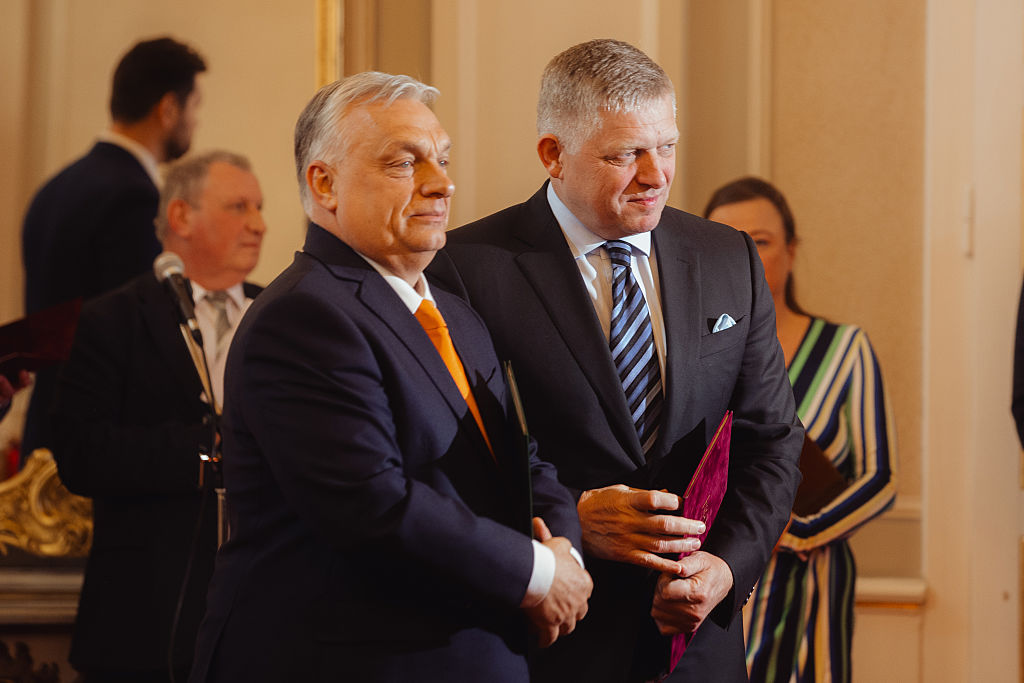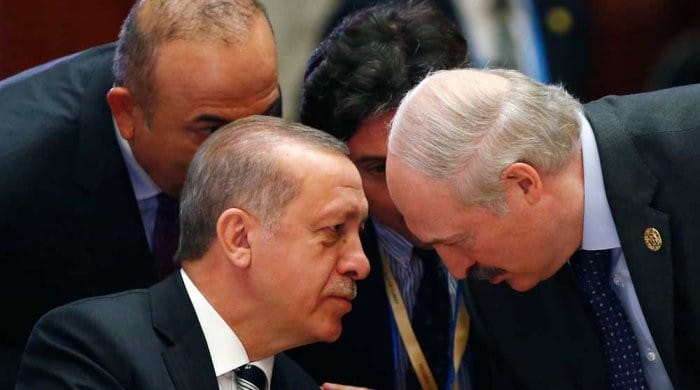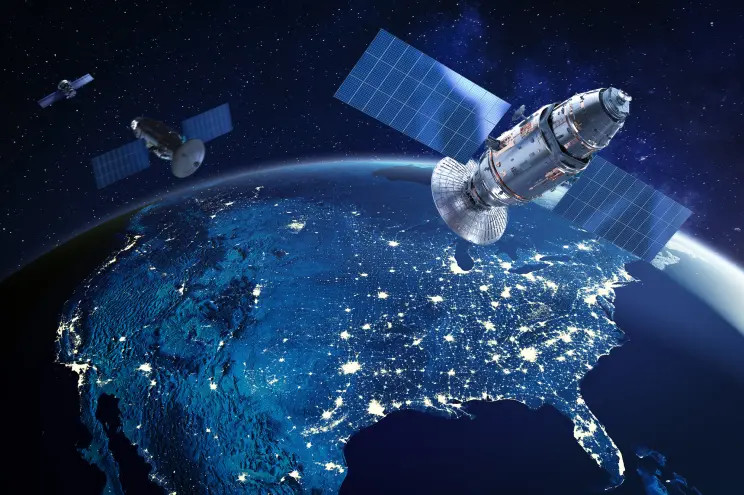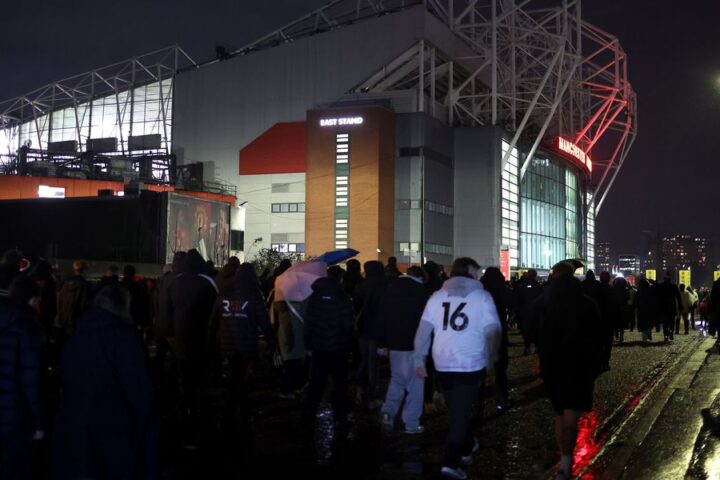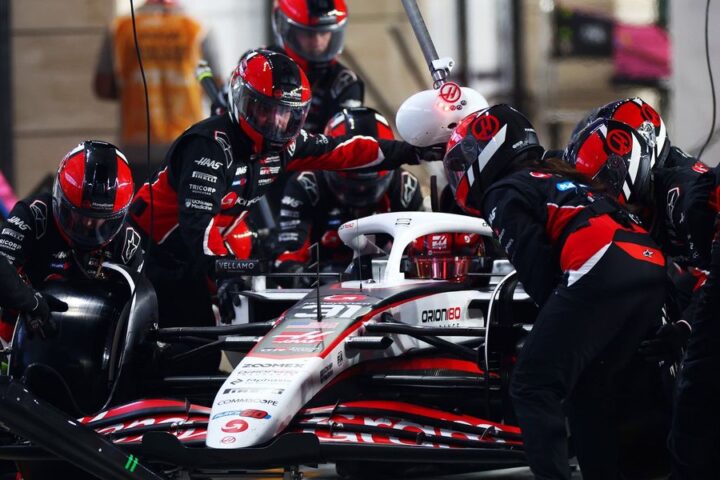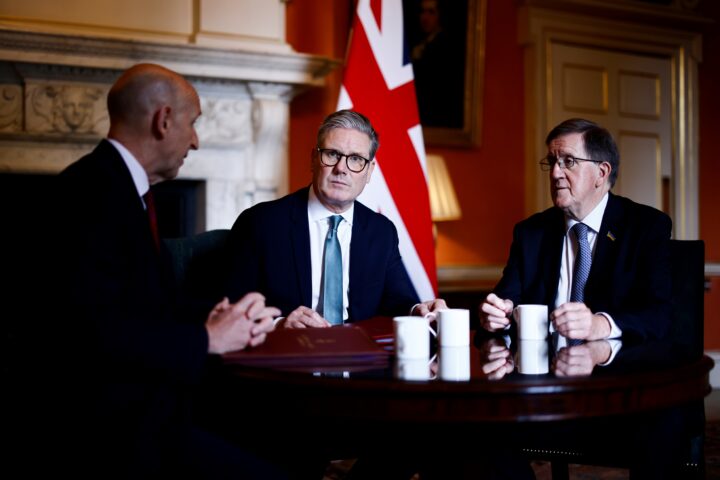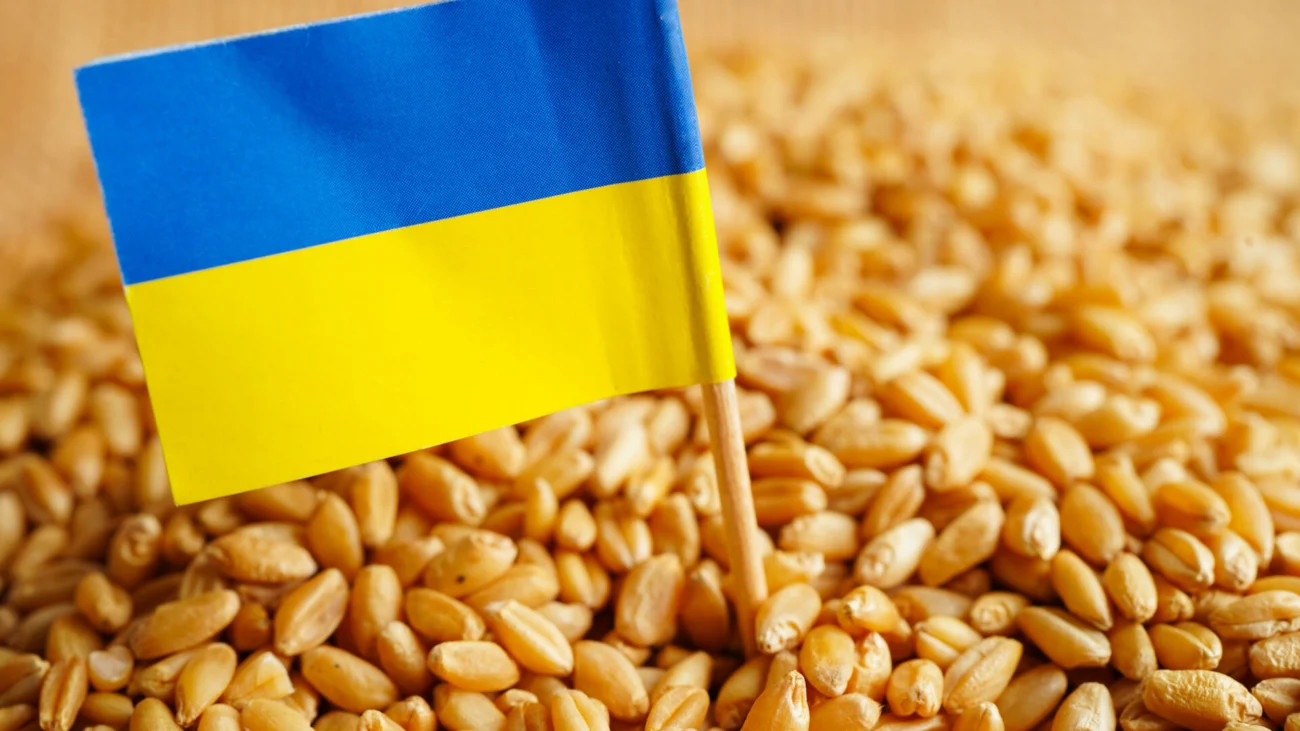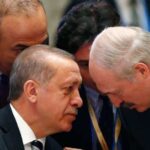Slovak Prime Minister Robert Fico declared on October 8 that the European Commission’s proposed ban on Russian nuclear fuel imports represents “the greatest threat” to the European Union’s energy security. Speaking at the European Nuclear Energy Forum in Bratislava, Fico also confirmed Slovakia’s approval of an agreement to build a new American nuclear reactor unit. According to Euractiv, he called the EU’s plan “a failed document” and “nonsense,” arguing that withdrawing from Russian energy supplies is self-damaging for Europe.
sharp criticism of REPowerEU and energy strategy
Fico’s remarks targeted the REPowerEU strategy, the EU’s policy framework aimed at gradually phasing out all Russian energy resources following Moscow’s full-scale invasion of Ukraine and the 2022 energy crisis. Slovakia, alongside Bulgaria, the Czech Republic, Finland and Hungary, operates nuclear power stations dependent on Russian fuel due to technical compatibility with Soviet-era reactor designs. Fico stated Bratislava will never accept the Commission’s proposal to ban Russian gas imports, framing the issue as a threat to both national and EU energy stability.
US-Slovakia nuclear cooperation
Alongside his criticism, Fico announced Slovakia’s agreement with the United States to build a new 1,000-megawatt reactor at the Jaslovské Bohunice Nuclear Power Plant. This step follows earlier efforts under the previous government to diversify fuel supplies, including agreements with Westinghouse for alternative nuclear fuel. Slovakia’s reliance on Russian company TVEL, a subsidiary of Rosatom, has persisted for decades, making this cooperation a pivotal move toward energy diversification despite Bratislava’s opposition to the EU’s broader energy sanctions.
political implications within the EU
Slovakia and Hungary remain the only EU members openly opposing a complete phase-out of Russian energy resources, complicating Brussels’ efforts to achieve unanimity on sanctions. Bratislava has also blocked parts of the EU’s 19th sanctions package against Russia, particularly measures targeting energy and the automotive sector. Fico’s position reflects a broader strategy to leverage Slovakia’s dissent in exchange for concessions or compensation from the EU, a tactic reminiscent of Budapest’s negotiations on energy policy.
balancing energy security and geopolitical strategy
While the European Commission maintains that severing ties with Russian energy supplies will enhance long-term EU security and reduce Moscow’s war-funding revenues, Fico warns of immediate risks. His stance underscores persistent divisions within the EU on balancing energy independence with geopolitical and economic realities, particularly for member states heavily reliant on Russian fuel. The outcome of Slovakia’s opposition will influence both the future of EU sanctions policy and the bloc’s approach to nuclear energy supply diversification.
Slovakia, as of now, continues to navigate between fulfilling EU climate and security goals and preserving its own energy stability through a pragmatic approach that includes cooperation with both American and Russian suppliers.
